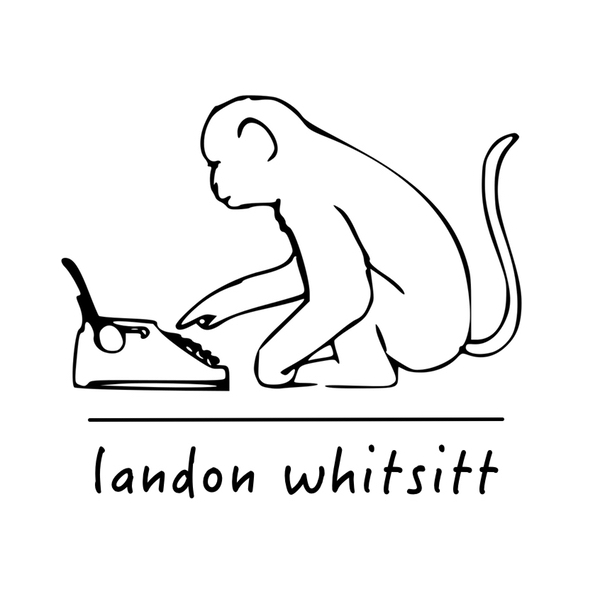This week I have been honored to be the Guest Director of Ecclesio, an online magazine/conversation from my friend Cynthia Holder Rich. Throughout the year, Ecclesio begins a conversation on topic and asks two people to officially respond. My contribution was to ask two stellar theologians to reflect with me on an adaptation of my ebook Theology Is Art.
One of the responses comes from Mihee Kim-Kort, who takes the idea of theology as a primarily symbolic art form one amazing step further with “Pneumatological God-Talk: The Poetry of Theology.”
From her article:
Theology is not meant to be experienced in the ivory white tower or in the stratosphere of religious experience because it is not only about God, it is about God and humanity. It opens the doors to connecting more deeply with one’s experience, and more importantly, with each other’s experiences. Landon echoes this sentiment in a way: “Art, according to Langer, is also symbolic. Its purpose is not to define, lock down, or restrict. Rather, art wants to suggest, set free, and expand. While precision may have a role to play, ultimately, art wants something more not less. Art wants abundance, not scarcity.” Art, and specifically poetry, has the wideness to allow us to experience God more fully.
The other response come from my good friend Rocky Supinger. His article “Theology as Art,” looks at the question of what is required of theologians if theology is to be understood as art.
From his article:
By “artists” I don’t simply mean those recognized as “artistic” for their superior technical skill or for their temperament or for their acute sensitivity. I do mean them, maybe even primarily them, but I also and completely mean everyone else. I mean each adherent of the Christian faith as a theologian and therefore an artist.
If anybody should indeed care about an art-theology, then they must be made to care about art-theologians. We need to more and more situate the believing subject squarely in the center of whatever theological discourse is emerging. Claiming theology as art in a meaningful way probably means celebrating individual theologians’ experiential, limited, contextual, grasp of theology’s object, God, and not perpetuating anymore the modern preference for objective, dispassionate, propositional, wrapped-in-printed-text, discourse as more theologically reliable.
I am so grateful for these two taking the time to reflect with me on the art from that is theology. If you have reflections, I would love to see them as well.

You really ought to come over to Topeka this weekend and check out For the Beauty – A Festival of the Arts, sponsored by downtown Topeka churches. Arts pastor, David Taylor will be addressing clergy and others Friday evening on “On the Reconstructive Power of Beauty.” It’s at First Pres. Plus lots of other good things.
http://forthebeautytopeka.webstarts.com/
Loretta
Thanks for the invitation, friend.